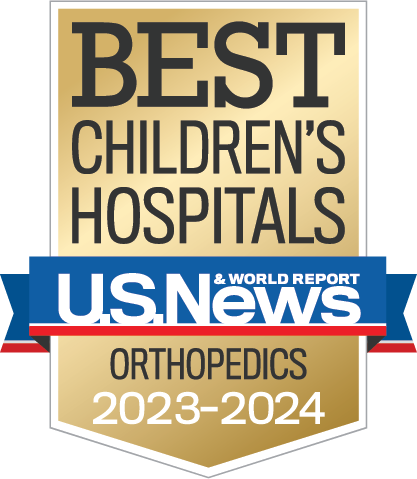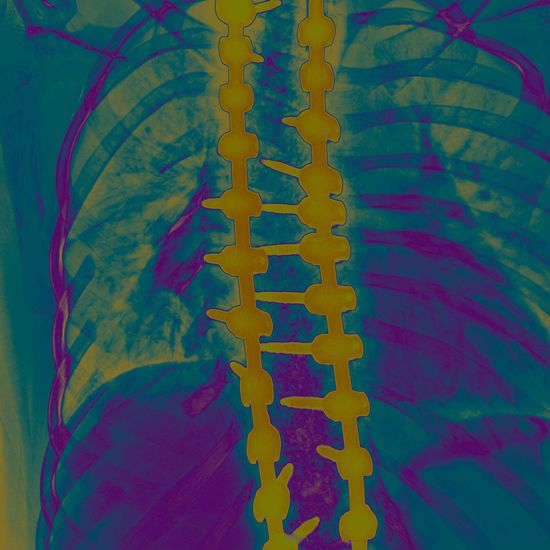- Doctors & Departments
-
Conditions & Advice
- Overview
- Conditions and Symptoms
- Symptom Checker
- Parent Resources
- The Connection Journey
- Calm A Crying Baby
- Sports Articles
- Dosage Tables
- Baby Guide
-
Your Visit
- Overview
- Prepare for Your Visit
- Your Overnight Stay
- Send a Cheer Card
- Family and Patient Resources
- Patient Cost Estimate
- Insurance and Financial Resources
- Online Bill Pay
- Medical Records
- Policies and Procedures
- We Ask Because We Care
Click to find the locations nearest youFind locations by region
See all locations -
Community
- Overview
- Addressing the Youth Mental Health Crisis
- Calendar of Events
- Child Health Advocacy
- Community Health
- Community Partners
- Corporate Relations
- Global Health
- Patient Advocacy
- Patient Stories
- Pediatric Affiliations
- Support Children’s Colorado
- Specialty Outreach Clinics
Your Support Matters
Upcoming Events
Child Life 101
Wednesday, June 12, 2024Join us to learn about the work of a child life specialist, including...
-
Research & Innovation
- Overview
- Pediatric Clinical Trials
- Q: Pediatric Health Advances
- Discoveries and Milestones
- Training and Internships
- Academic Affiliation
- Investigator Resources
- Funding Opportunities
- Center For Innovation
- Support Our Research
- Research Areas

It starts with a Q:
For the latest cutting-edge research, innovative collaborations and remarkable discoveries in child health, read stories from across all our areas of study in Q: Advances and Answers in Pediatric Health.


Common Spine Surgery Questions
We care for patients’ growing muscles, joints and bones through sports medicine, surgery, rehabilitation and research.

It's common to feel overwhelmed by an upcoming surgery. Children’s Hospital Colorado’s pediatric spine team provides information during appointments and in Spine Class to help you feel comfortable and prepared.
Our patients often want to know what might change in their day-to-day lives after surgery. Here are answers to frequently asked questions:
How long will I be in the hospital after spine surgery?
Patients are typically in the hospital for 2 to 3 days for spine surgery and recovery.
How long do I have to wait to shower after surgery?
You’ll probably have an opportunity to shower at least once while you’re in the hospital. When you get home, you can shower as often as you’d like. However, we recommend avoiding baths, swimming pools and hot tubs until your surgeon says it's OK, which is usually about a month after surgery.
What should I know about transitioning back to school after spine surgery?
Most patients go back to school within 2 to 3 weeks after surgery. You might go back for only a half-day at first. It's OK to carry a lightweight backpack. We can give you a letter for school that recommends they give you an extra set of books — one for home and one for school.
After your first checkup with your surgeon one month after surgery, you can slowly start to take part in PE class as you feel able. It’s also OK to ride the school bus.
When can I return to sports or other physical activities after spine surgery?
You’ll have a checkup about 1 to 2 months after surgery. If you’re progressing well at that visit, your surgeon will clear you to return to sports and other physical activities.
Be careful and take it easy when you start physical activity. Your return to sports should be gradual because you’ll need to increase your endurance and regain your strength.
How do I take care of my spine after scoliosis surgery?
Here are some tips for taking care of your spine and minimizing scars after surgery:
- Limit strenuous activity. Scarred skin can take 6 to 8 weeks to return to its full strength. It’s only 70% to 80% as strong as healthy skin that has never been injured. We recommend limiting strenuous activities for a month after surgery to promote healing.
- Massage your scars. We recommend massaging your scars after your first checkup following surgery. Massage will help your skin itch less, feel smoother and be more elastic (easier to stretch).
- Several types of scar treatment are available, including ointments, gel or creams. Your doctor or pharmacist can recommend a specific type for use after you have been cleared by your surgeon.
- Massage 3 to 5 times per day for 5 minutes for several months after surgery.
- Move your hands in a firm, circular motion to rub in the lotion.
- Apply just enough pressure to change the skin color.
- Protect the scar from the sun. Make sure to use sunscreen with SPF 30 or higher. This is most important to use in the first 1 to 2 years after surgery, when healing scars can become permanently discolored.
- Use creams and ointments. Wait to use creams and ointments until after your first checkup after surgery. Creams and ointments such as cocoa butter and vitamin E are fine to use if you don’t get a rash or reaction.
- Create a healing environment. Keeping the wound in a moist, warm environment will help it heal.
Do I need to use a rolling backpack?
Not necessarily. There are no weight restrictions after surgery, but we do recommend carrying a lightweight backpack because it’s more comfortable.
We’ll give you a letter for school that recommends they give you an extra set of books — one for home and one for school. That way, you won't have to carry as many heavy books in your backpack. Some patients do get a rolling backpack, but that's a personal preference.
What should I expect when I go through airport security?
We haven’t had reports of spine surgery implants setting off alarms at airport security. But it could happen in the future if airports increase the sensitivity of their machines.
If you do get stopped at airport security because your implants set off an alarm, don’t worry. TSA agents will do a routine secondary screening with a hand-held scanner and then allow you to go on your trip.
Is there anything else I should know for travel?
Always wear your seat belt. In the first few weeks after your surgery, it may be hard to sit for long periods of time. If you take a long trip, we recommend stopping every couple of hours to walk. We also suggest using a stepstool to climb into SUVs or other vehicles that are higher than a regular car.
Will I be taller?
Most scoliosis patients will gain 1 to 2 inches in height, but this will vary greatly based on your spine’s curve and your height.
Will I experience constipation after spine surgery?
Pain medicine sometimes causes constipation after spine surgery. Fortunately, most patients use prescription pain medications for a week or less after surgery. Regular walking and supportive medicine can help your stools become more regular.
Your pharmacist or provider can help you choose the best medicine to help ease constipation. A few examples include docusate sodium (such as Colace®), MiraLAX®, senna, suppositories and milk of magnesia. You can find these at the drugstore.
Is there anything I should know about tattoos or piercings?
Don’t get any new tattoos or piercings for at least three months after surgery. Tell your nurse if any existing tattoos or piercings become infected during this three-month window. It’s best to wait one year from the date of surgery to get new piercings or tattoos.

A leading spine program
We perform more than 250 pediatric spine surgeries annually – more than anyone in our region. For any age and even the most complex conditions, our pediatric spine program offers the latest innovations in surgery and individualized treatment plans.



 720-777-0123
720-777-0123



